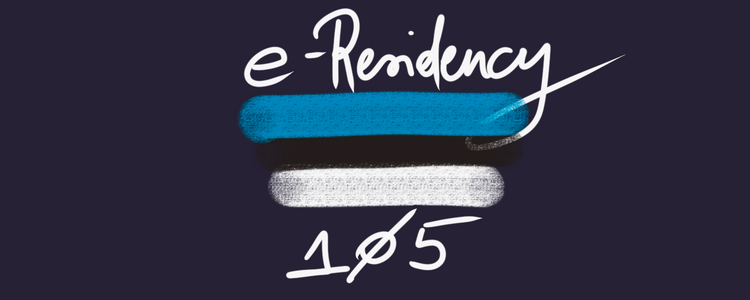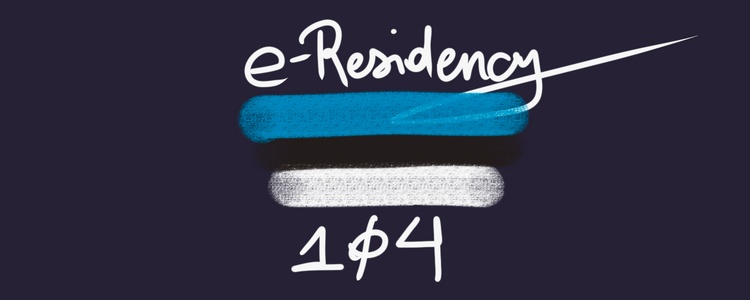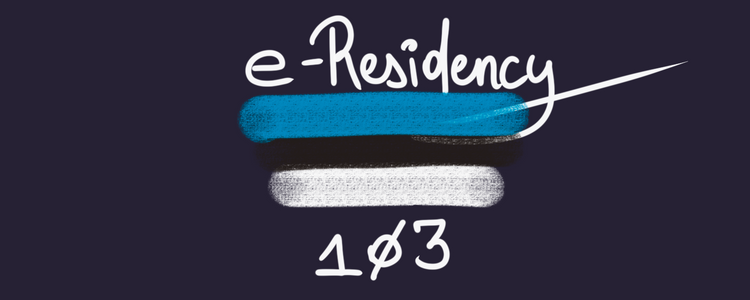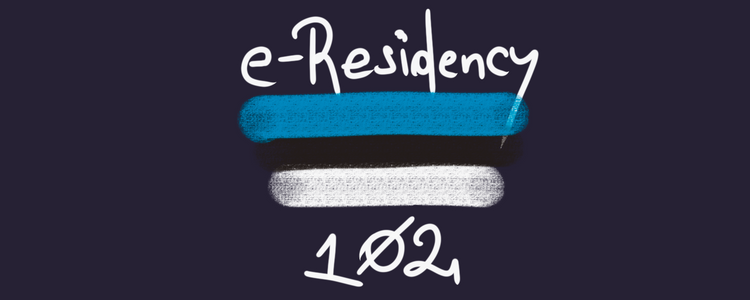Sound and Hearing Protection: Best Practices for Musicians

Hearing loss is permanent. Start protecting your hearing early.

Sound: What Is It and When Is It Harmful
Tim Urban has written a great introduction already, so read it if interested in a detailed explanation.
In short, sound consists of pressure waves going through matter.
![This is what a sound wave looks like [source: https://waitbutwhy.com/2016/03/sound.html]](https://28oa9i1t08037ue3m1l0i861-wpengine.netdna-ssl.com/wp-content/uploads/2016/03/Wave.gif)
Sound has 2 qualities (pitch and loudness), which determine how we perceive it.
Pitch is measured in Hertz (= frequency of the wave cycles) and loudness is measured in Decibel (= amplitude of pressure waves). Inappropriate sound exposure damages inner ear hair cells which leads to hearing loss.

Anything above 85db is deemed harmful, especially when exposed over an extended period of time.
![Common noise levels [source: producerhive.com]](https://producerhive.com/wp-content/uploads/2019/04/common-equipment-noises_grande.png)
Most concert venues and music clubs have loudness levels exceeding this threshold – sometimes significantly.
Hearing Protection: How It Works and What to Expect
Since I started doing DJ gigs I am exposed to very loud surroundings more frequently.
Sound engineers on site do their best to find a balance between healthy sound levels and an immersive experience but it can still happen that you’re exposed to incredibly loud sounds.
I’ve heard of many musicians with permanent hearing damage and would like to avoid it as much as possible, hence I’m looking into hearing protection.
For the past years my go-to earplugs were the Ety-Plugs by Etymotic. Great to wear on a keychain, especially if you’re primarily experiencing music in the audience.
Yet when mixing/DJing you want to be able to put your headphones on to listen to the tracks in the cue. Ety-Plugs are not well suited as they stick out of the ear. >>> hence the decision to get customized earplugs.
The recommendations I’ve read/heard so far are the following:
- Sound Quality: Look for flat attenuation (see figure below) of sound.
- Sound Reduction: Depending on the environment you’d like to have a reduction from -10dB up to -30dB. Interchangeable filters are the way to go.
- Comfort: When getting the earplugs molded by the technician make sure to go through various jaw/muscle movements (chewing; smiling; etc.) to account for all shape changes of your ear canal.

Custom Earplugs:
To get custom earplugs I went to a recommended acoustician in Berlin – they do anything from hearing protection to hearing amplification via cochlear implants (check this article if you want to go deep).
The customization process is straightforward:
- Get appointment
- Have a consultation (make sure to explain the exact context you’d like to protect your ears in [e.g. club environment vs. guitar practice at home]) + pick the right filter for the occasion
- Get mould of your ear canal (like this)
- Pick up your earplugs and test the effective attenuation (you do 2 rounds of sound tests [1] without earplugs and [2] with earplugs)
- Test those bad boys in the wild

I dropped €178 for a pair (€89 per ear) – including 25db filters. The filters are exchangeable.
I was surprised how natural it was to using them in the DJ booth. After a couple of minutes it felt quite natural. No ringing ears the morning after.
Bottomline: Worthwhile investment for me. Thumbs up.
🤘
Other input: This article was shared on hackernews and received a couple of additional responses:

Helpful links:
6 Best Earplugs For Concerts & Musicians In 2019
Everything You Should Know About Sound





